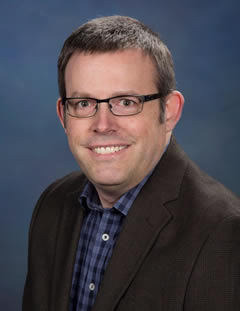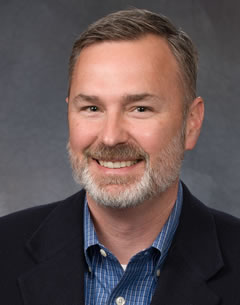
Edge Prize 2015: Benjamin Sims and Chris Henke
Repairing credibility: Repositioning nuclear weapons knowledge after the Cold War,. Social Studies of Science, vol. 42, no. 3, June 2012, pp. 324-347


The David Edge prize committee selected the following paper as the winner: Benjamin Sims and Chris Henke, Repairing credibility: Repositioning nuclear weapons knowledge after the Cold War,. Social Studies of Science, vol. 42, no. 3, June 2012, pp. 324-347.
In the process of selection, we received 23 papers, three from self-nomination and 20 papers from editors of Social Studies of Science, Science, Technology, and Human Values, East Asian Science, Technology and Society: An International Journal, Social Epistemology, Theory, Culture, and Society, Public Understanding of Science, Geoforum, BioSocieties, Scandinavian Journal of Management.
This paper deals with the maintenance of the credibility of US nuclear weapons after the Cold War and examines how the weapon scientists have avoided a crisis of credibility, showing that their knowledge is deeply embedded in the design and testing of these weapons.
By addressing the question how sociotechnical systems are maintained over time, particularly in periods of disruptive change, the authors makes a very important contribution to STS research that aims to understand how systems survive over time and the processes involved in maintaining their coherence and boundaries. The latter should be considered as an important new theme in STS because most research has studied the contingencies of socio-technical systems, both in terms of their successes and failures. The conceptual move to combine insights of ethnomethodology and conversational analysis on repair with STS insights on credibility and tacit knowledge has resulted in a convincing account of how nuclear weapons scientists in the US have avoided a crisis of credibility. The concept of ‘sociotechnical repair’ introduced in the paper provides an important heuristic tool for other STS studies on the work and processes involved in the maintenance of socio-technical systems in times of crises.
Thus, this paper highlights an area that most STS papers have largely neglected, and opens up the new research direction on sociotechnical repair. Therefore, this paper deserves the award.
Edge committee members: Yuko Fujigaki (U Tokyo, Japan) and Nelly Oudshoorn (U Twente, The Netherlands).
Acceptance Statement: Benjamin Sims and Christopher R. Henke
We are honored to accept this year’s David Edge Prize, and sincerely thank the prize committee for this recognition. 4S has been our primary intellectual home for many years, and we very much value this community’s acknowledgement of our work. Many people helped us develop the ideas in this paper as mentors, intellectual influences, readers, and audience members. In particular, we’d like to acknowledge friends and colleagues from our time as graduate students at the Science Studies Program at the University of California, San Diego, where we started the conversations that eventually led to this collaboration. We are also grateful for the support of our past and present colleagues at Colgate University and Los Alamos National Laboratory, especially the weapons scientists who made time to discuss their work and point us in interesting directions. We thank the editorial staff and peer reviewers of Social Studies of Science, particularly Michael Lynch, for their help in shaping the published paper. We look forward to many more fruitful conversations with members of the 4S community as we continue to develop our work on sociotechnical repair.
Bios
Benjamin Sims is a Scientist in the Statistical Sciences Group at Los Alamos National Laboratory. He has a PhD in Science Studies and Sociology from the University of California, San Diego. His work has addressed diverse topics including infrastructure repair and retrofit, disaster impacts, and the organization of scientific and technical work. His current research focuses on sociotechnical aspects of computer security and scientific computing.
Christopher R. Henke is Associate Professor of Sociology and Chair of the Department of Sociology and Anthropology at Colgate University. His book, Cultivating Science, Harvesting Power: Science and Industrial Agriculture in California (MIT Press, 2008) explores the role of state expertise in the repair of power relations and material ecologies in California’s fresh produce industry. He is currently completing a book manuscript on environmental controversies related to agricultural biotechnologies.
